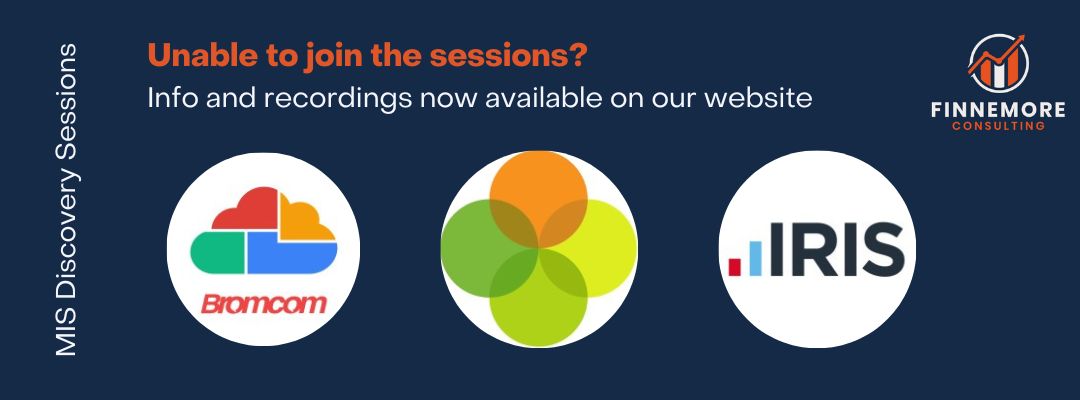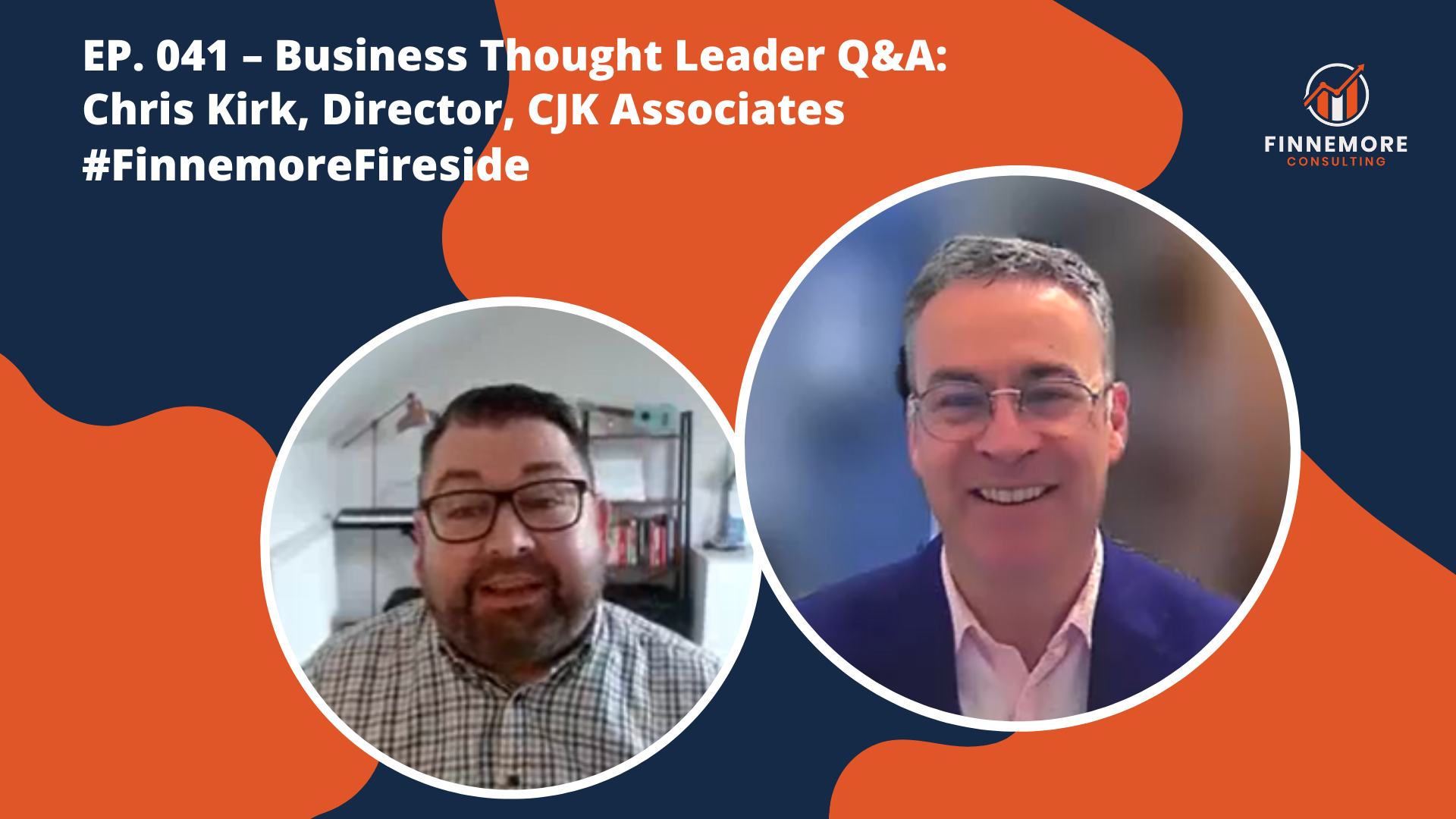One of the biggest changes to happen to the world of school MIS was the introduction of academies, starting back in the 2000s under the then Labour government, and becoming widespread following the Conservative/Lib Dem coalition Academies Act in 2010. The concept of schools becoming their own entities as academies and leaving Local Authority control had an effect on their MIS and support choices (which we’ve touched on in a previous blog), but it also created a whole new set of stakeholders: the Multi-Academy Trust (MAT) central team.
MAT central teams need certain things from an MIS which have not really been required before. It’s always been possible to aggregate data through feeds (this happens between schools and LA teams all the time) but MAT leaders need something completely different. They need a complete view of students and staff across the trust to enable collaboration, streamline communication and effectively target resources.
As a result, MIS suppliers have started to build MAT-focused functionality into their solutions and now offer a range of resources and dashboards aimed at making the lives of the MAT central teams easier.
It’s now been more than 10 years since the first MAT was formed so we wanted to explore how well MIS suppliers were meeting the specific needs of MATs.
A recent survey1 asked 92 MAT central teams to rate how satisfied they were with their MIS from 1-10, where 1 is “Extremely dissatisfied” and 10 is “Extremely satisfied”. Their scores are outlined below; you can see that satisfaction is generally pretty good with the majority scoring their MIS a 7, and only a few MATs giving a score of 4 or less.
Chart: MAT Satisfaction rating of their MIS from 1-10, where 1 is “Extremely dissatisfied” and 10 is “Extremely satisfied”.

The survey asked respondents to briefly explain why they gave that rating, and the running theme amongst those who gave a perfect 10 was ease of use.

The survey delves into more detail. When asked about how satisfied they were with their MIS’ ability to provide actionable information, which is so crucial to trust central teams, they appear to be largely happy in this area. The biggest group (37.6%) responded saying were satisfied with what their MIS provides. It’s worth noting though that around 19% said they were neither satisfied nor dissatisfied, and a further 26% combined stated they were Dissatisfied or Extremely Satisfied. Would this be a reason for an academy trust to look for alternate solutions in the future? Maybe.
Question: How satisfied are you with the extent to which the MIS provides actionable information?

However, when asked how satisfied they are with the Trust-specific functionality their MIS offers, the results tell a different story. The majority of respondents said that they were Neither Satisfied nor Dissatisfied (28.26%), followed very closely by those saying they were Extremely Dissatisfied (27.17%):
Question: How satisfied are you with the Trust-specific functionality your MIS offers?

The fact that over a quarter of all respondents said they were Extremely Dissatisfied with trust-focused functionality should set off alarm bells with MIS suppliers. Trust-focused functionality always forms a key part of the requirements when MATs go to tender for an MIS, and it feels like there’s still work to do in this area.
In a previous thought leader session Nick recorded with Rowena Hackwood, CEO at Astrea Academy Trust, they discussed this topic in more detail. Rowena’s challenge for all suppliers, not just MIS, is for them to move towards creating solutions that work for a new customer base who need a different point of view:
“Increasingly in the sector, there is a move towards stronger and more sustainable groups of schools, which isn’t a national strategy for every school to be in a MAT, but it is a national strategy for every school to be part of a more sustainable group, as it were. And it’s absolutely critical that, in your thinking, you have that in mind.
The kind of MAT dashboards that I want to be able to share with trustees align academic attainment and attendance data on the one hand, with HR, finance, governance, performance, on the other hand, and I don’t have any means at a MAT level to really draw all of those different elements in together. So my challenge, I think, to you is to move away from a school by school understanding of the English school system towards one where a huge chunk of the customer base needs a different point of view.”
Rowena Hackwood, CEO at Astrea Academy Trust
Ultimately, most of the MIS have the ability to offer reporting and insight in one way or another, using tools such as Power BI; it’s more a question of how easy and integrated these systems are, and the extent to which they provide the data the central teams need. It’s the central management issue that MATs would really like to see supported by their MIS providers, and the better they are able to help with this, the more MATs will want to work with suppliers as long-term partners across the trust.
What do you see as the main differences between what academies need vs what MAT central teams need? Do you think there’s a need for an MIS which has been built with MAT central teams in mind as the primary user (similar to IMP in creating a finance system)?
1The data was collected by The Key from a survey that went out to all multi academy trusts (with two or more schools) in England, by email. These surveys were split by trusts that had just one MIS across the group of schools, and trusts that used multiple MIS suppliers. It was not sent to trusts in the independent sector. The survey was completed by central team staff such as CEOs, COOs, CFOs and others involved in MIS operations, between 29 March and 27 April 2021.














